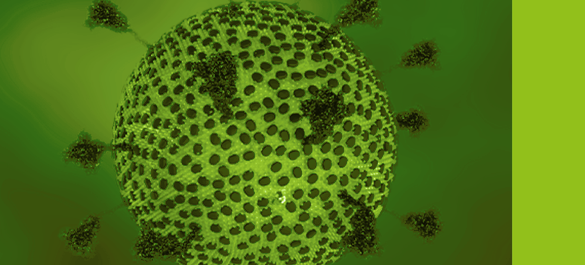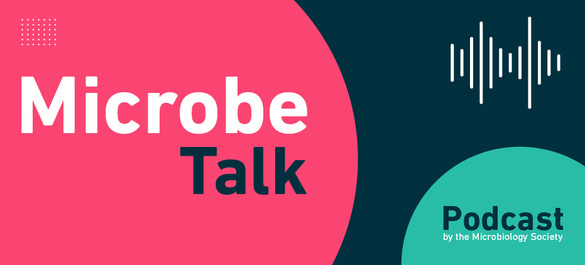
Vaccines
What are vaccines?
Vaccines are a way of protecting the body by preparing the immune system to fight harmful diseases. Vaccines are most often given by an injection, but some can be given orally or through the nose. After receiving a vaccine, the body can be protected from the specific disease and can prevent the recipient from becoming ill.
Most vaccines work by introducing dead or inactive microbes into the body. These can be viruses, such as influenza, or bacteria such as Clostridium tetani, responsible for tetanus. mRNA vaccines (Pfizer/BioNTech/Moderna COVID vaccines) however, work by introducing mRNA (messenger ribonucleic acid) into the body to tell it to make harmless proteins identical to those found in a particular microbe.
Once the harmless proteins related to the particular disease-causing microbe are introduced to the body (as dead/inactive microbes or mRNA) the immune system then responds by creating specific antibodies to target that disease-causing microbe. Antibodies are proteins produced by the immune system which attach to the foreign proteins and remove them from your body. If a vaccinated person comes into contact with the disease-causing microbe the immune system can now use the antibodies it previously made for the vaccine and can act faster to fight the disease.
Why do vaccines matter?
Vaccines are often regarded as one of the greatest advancements in modern medicine. Jenner’s vaccine against smallpox is responsible for eradicating it from the world in 1980. Vaccines have nearly eliminated wild polio virus and contributed to efforts to control COVID-19, saving millions of lives worldwide. Despite their incredible successes, vaccines can still do so much more for medicine. Vaccines for malaria, tuberculosis, HIV-1 and other diseases are in the development pipeline and microbiologists are always working to improve existing vaccines.
Some of the questions that microbiologists are looking to answer:
- How can we implement vaccines to combat antimicrobial resistance?
- Can we find new methods and technologies to stimulate immunity?
- How can we make vaccines cheaper and easier to administer?
- How can we develop mRNA vaccines further?
Our work in vaccines
Discover more of our work
Image: Hand of scientist holding flask with lab glassware in chemical laboratory background iStock/Totojang




